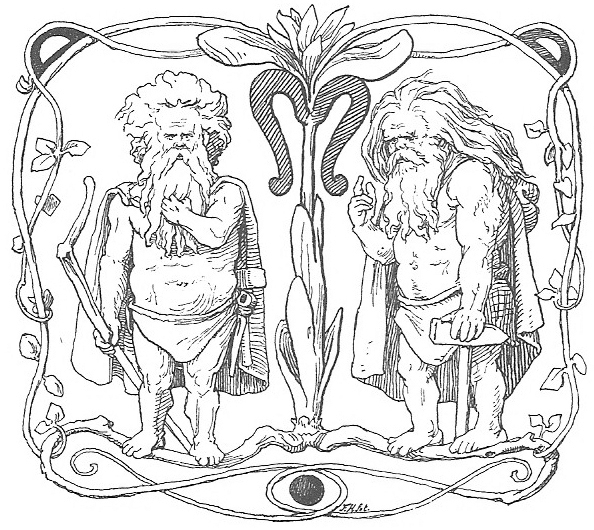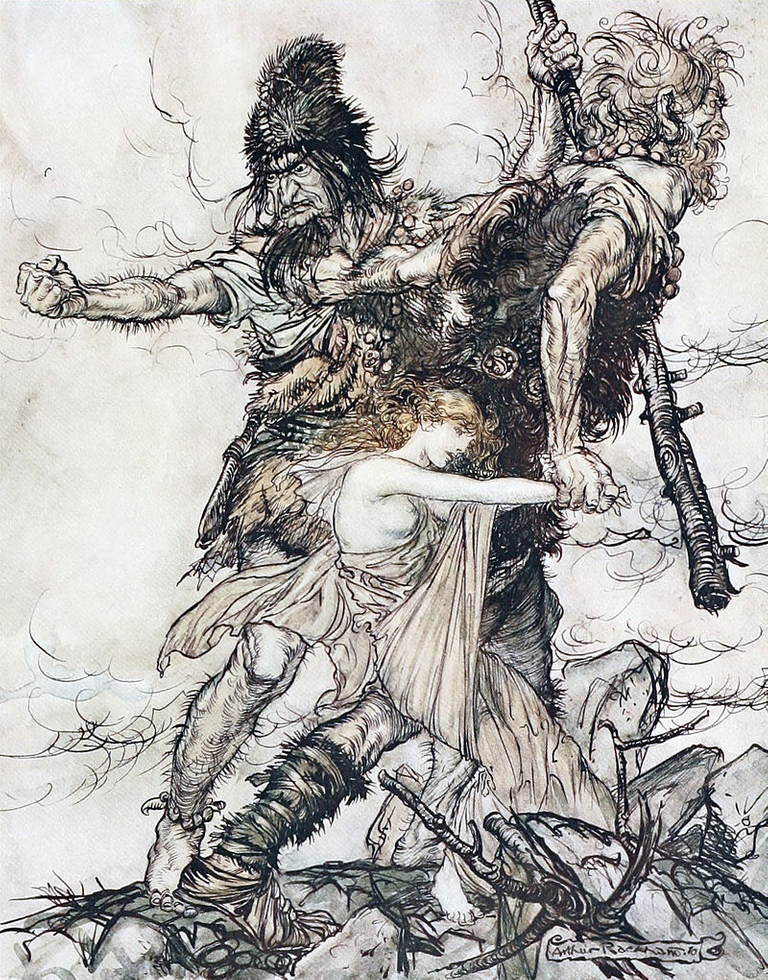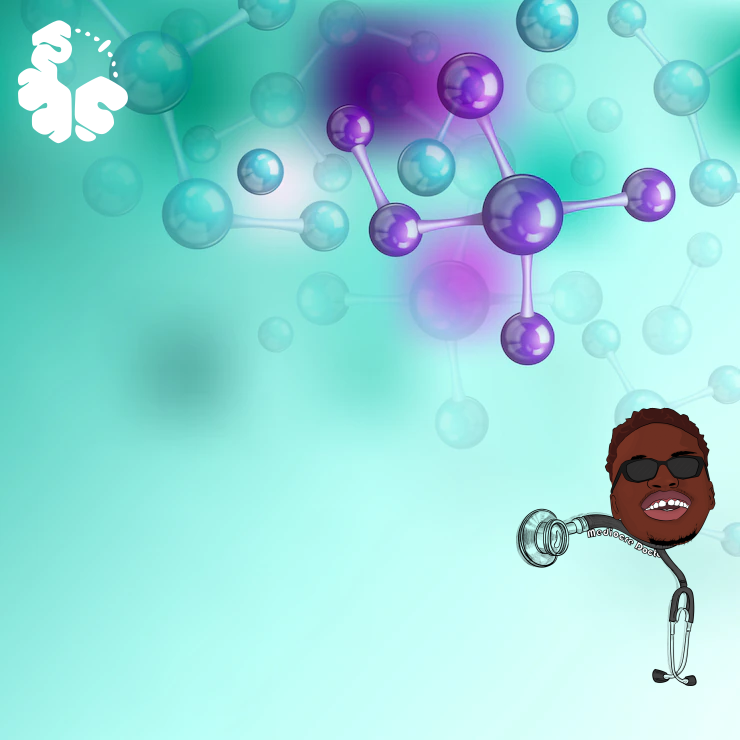The Growth Hormone (GH)
This hormone is also known as somatotropin, the name is derived from the fact that it causes changes in the body. The hormone is produced in the front part of the pituitary gland and it is chemically a peptide hormone. In the bloodstream, its effect is felt in every cell of the human body. The cells of the pituitary that produce growth hormones are known as somatotrophs. Every day these cells secrete between 1 and 2 milligrams. GH starts to function from childhood into puberty when it peaks and gives rise to the growth spurt
Insulin Like growth factor
When GH acts on cells of the body protein synthesis increases and it also affects the adipose tissues of the body to release fat for the energy for this growth. When GH reaches the cells it works against the insulin molecules.
The means through which most of the secreted hormone acts is through the stimulation of the liver and tissues that produce insulin-like growth factor. The molecule is named this way because it behaves like insulin. The concentration of this molecule increases ad peaks during the growth spurt. After puberty, the levels of insulin-like growth factor decline.
Secretion
Like every other hormone, GH has a feedback mechanism and this secretion is brought about by the growth hormone-releasing hormone and is stopped by somatostatin (a generally inhibitory hormone).
Usually, growth hormone comes in pulse fashion but there is an increased rate after sleeping deeply which happens a lot during puberty.
Normally the hormone is affected by food intake inversely so eating food reduces the secretion and hunger increases its secretion. The secretion is also increased during stressful events.
Some individuals may have deficiencies in this hormone and some people may secret it more than others.
Deficiency

When there is inadequate secretion of this hormone, it leads to the individual being short or a dwarf. The main cause is an injury to the hypothalamus or the pituitary gland when the individual is in the womb growing in which case it is called congenital GH deficiency or it could happen while the person has been born and is called acquired GH deficiency.
Genetic mutation can also lead to a person secreting less hormone than the person ideally is supposed to. When this mutation takes place the GH is secreted less and there is increased secretion of other hormones.
Some cases of growth hormone deficiency are due to GHRH deficiency. In these cases, the patient is simply placed on hormone replacement. In some people with this condition, the somatotrophs of the pituitary gland do not work as they should.
Some children have psychosocial dwarfism in which they are in a situation where there is an emotional lack. The solution is to get the child into a less stressful environment that allows the child to grow.
When a patient has cognitional GH deficiency affecting just GH, they are normal at birth but then X-rays show that the bone length is not as it should be. Women who have this condition usually start with delayed puberty but they still go on to have normal childbirth and delivery.
GH deficiency is usually dealt with by injecting this hormone into the body. The production of this hormone was through postmortem pituitary glands but because of prion disease, its production was halted. But it was later discovered to be synthesised later that year when prions disease was discovered to be an issue.
The children who are placed on this hormone reach the heights of their pairs as close as possible. Some patients however will develop antibodies against this hormone. Some children require huge doses of this hormone to see the result, they typically do not have a growth hormone deficiency.
In some forms of shortness (which is very rare) the growth hormone receptors are abnormal and insulin-like growth factor can not be synthesized in the liver for this reason. This condition is known as Laron dwarfism. GH in the blood is very high. In some cases, the insulin-like growth factor may not stimulate growth in tissue the way it is supposed to,
GH deficiency continues to affect the individual into adulthood but some may start to secrete normal GH. In adulthood, it is associated with fatigue, weak muscles, paper-like skin, bone weakness and fat. GH replacement relieves some of these features but it can also lead to diabetes, hypertension and fluid buildup.
Over Secretion

The most common cause is a tumour in the brain although an independent tumour in t lung or pancreas secretes GHRH using increased growth hormone secretion. In some cases, there is an independent gland producing GH in other areas than the pituitary.
When GH is oversecreted it may lead to giantism or acromegaly features.
In acromegaly, there is an enlargement of the end of the bone, chin and nose. These features are seen because of cartilage overgrowth, and overgrowth of skin, muscle and subcutaneous tissue. The tumour may also cause headaches, and pressure symptoms that can cause vision problems.
Those that start having features of Acromegaly usually will benefit from Brain surgery to excise the mass on the pituitary gland. Radiation also helps by blocking GH binding sites.
Question
Usually, growth hormone comes in pulse fashion but there is an increased rate after sleeping , could this mean people who sleep grow taller?

Congratulations @ebingo! You have completed the following achievement on the Hive blockchain and have been rewarded with new badge(s):
Your next target is to reach 900 posts.
You can view your badges on your board and compare yourself to others in the Ranking
If you no longer want to receive notifications, reply to this comment with the word
STOPTo support your work, I also upvoted your post!
Check out the last post from @hivebuzz:
Support the HiveBuzz project. Vote for our proposal!
Thank you...the goal is 10k posts!
You are welcome @ebingo, that's with pleasure! We wish you a happy buzzy week 😊👍🐝
You too!!
Thanks for your contribution to the STEMsocial community. Feel free to join us on discord to get to know the rest of us!
Please consider delegating to the @stemsocial account (85% of the curation rewards are returned).
You may also include @stemsocial as a beneficiary of the rewards of this post to get a stronger support.
Thank you!
I have met a lot of people who suffer from dwarfism, most of which is more of a genetic problem them a congenital deficiency associated with the brain.While I usually stand with the fact that it started with a neurological problem which then became genetic, most of them say it is just genetic, and that they have never had a person who was tall in their family history.
Thanks for sharing this post
That's very interesting. I will need to read more about that. you could also make post and tag me
Very great information. I just found out that hunger can increase the GH secretion. But i think the healthy foods can do that too. 😉
And about sleep, this is so true. Every time i wake up in the morning, my height can increase a few millimeters or even up to a centimeter every week. But sometimes it won't happen if i stay up late at night. 😅
Thanks a bunch for sharing this post 😊🙏🏻
Lol...your height increases overnight...Interesting. I might need to study these claims